My name in Latin is light to carry & victorious.
The Two Trees
My name in Latin is light to carry & victorious.
I'd read late in the library, then Walk out past the stacks, rows, aisles Of books, where the memoirs of battles slowly gave way To case histories of molestation & abuse. The black windows looked out onto the black lawn.  Friends, in the middle of this life, I was embraced By failure. It clung to me & did not let go. When I ran, brother limitation raced Beside me like a shadow. Have you never Felt like this, everyone you know, Turning, the more they talked, into Acquaintances? So many strong opinions! And when I tried to speak Someone always interrupting.
Friends, in the middle of this life, I was embraced By failure. It clung to me & did not let go. When I ran, brother limitation raced Beside me like a shadow. Have you never Felt like this, everyone you know, Turning, the more they talked, into Acquaintances? So many strong opinions! And when I tried to speak Someone always interrupting.
My head ached. And I would walk home in the blackness of winter. I still had two friends, but they were trees. One was a box elder, the other a horse chestnut. I used to stop on my way home & talk to each Of them. The three of us lived in Utah then, though We never learned why, me, acer negundo, & the other One, whose name I can never remember.
Everything I have done has come to nothing. It is not even worth mocking, I would tell them, And then I would look up into their limbs & see How they were covered in ice. You do not even Have a car anymore, one of them would answer. All their limbs glistening above me, No light was as cold or clear. I got over it, but I was never the same, Hearing the snow change to rain & the wind swirl, And the gull's cry, that it could not fly out of. In time, in a few months, I could walk beneath Both trees without bothering to look up Anymore, neither at the one Whose leaves & trunk were being slowly colonized by Birds again, nor at the other, sleepier, more slender One, that seemed frail, but was really Oblivious to everything.
Simply oblivious to it, With the pale leaves climbing one side of it, An obscure sheen in them, And the other side, for some reason, black, bare, The same, almost irresistible, carved indifference In the shape of its limbs As if someone's cries for help Had been muffled by them once, concealed there, Her white flesh just underneath the slowly peeling bark while the joggers swerved around me & I stared Still tempting me to step in, find her, And possess her completely.
In 1967
Some called it the Summer of Love; & although the clustered, Motionless leaves that overhung the streets looked the same As ever, the same as they did every summer, in 1967, Anybody with three dollars could have a vision. And who wouldn't want to know what it felt like to be A cedar waxwing landing with a flutter of gray wings In a spruce tree, & then disappearing into it, For only three dollars? And now I know; its flight is ecstasy. No matter how I look at it, I also now know that The short life of a cedar waxwing is more pure pleasure Than anyone alive can still be sane, & bear. And remember, a cedar waxwing doesn't mean a thing,
Qua cedar or
qua waxwing, nor could it have earned That kind of pleasure by working to become a better Cedar waxwing. They're all the same.
Show me a bad cedar waxwing, for example, & I mean A really morally corrupted cedar waxwing, & you'll commend The cage they have reserved for you, resembling heaven. Some people spent their lives then, having visions. But in my case, the morning after I dropped mescaline I had to spray Johnson grass in a vineyard of Thompson Seedless My father owned& so, still feeling the holiness of all things Living, holding the spray gun in one hand & driving with the other, The tractor pulling the spray rig & its sputtering motor Row after row, I sprayed each weed I found That looked enough like Johnson grass, a thing alive that's good For nothing at all, with a mixture of malathion & diesel fuel, And said to each tall weed, as I coated it with a lethal mist,

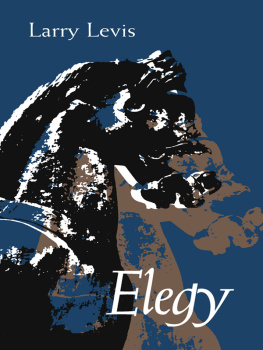
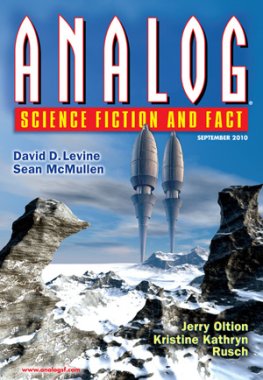

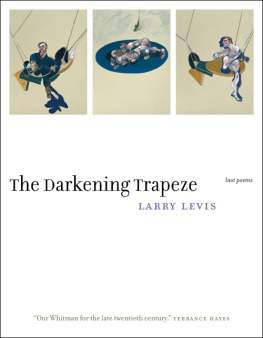
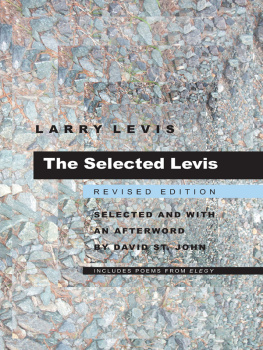


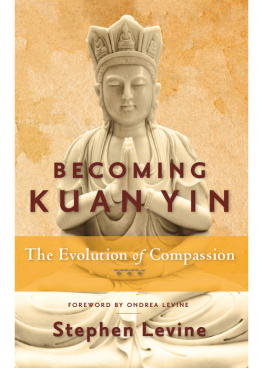
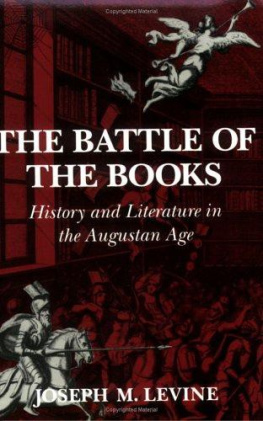
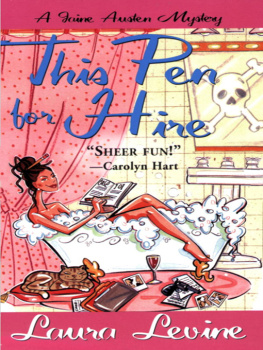

 Friends, in the middle of this life, I was embraced By failure. It clung to me & did not let go. When I ran, brother limitation raced Beside me like a shadow. Have you never Felt like this, everyone you know, Turning, the more they talked, into Acquaintances? So many strong opinions! And when I tried to speak Someone always interrupting.
Friends, in the middle of this life, I was embraced By failure. It clung to me & did not let go. When I ran, brother limitation raced Beside me like a shadow. Have you never Felt like this, everyone you know, Turning, the more they talked, into Acquaintances? So many strong opinions! And when I tried to speak Someone always interrupting.